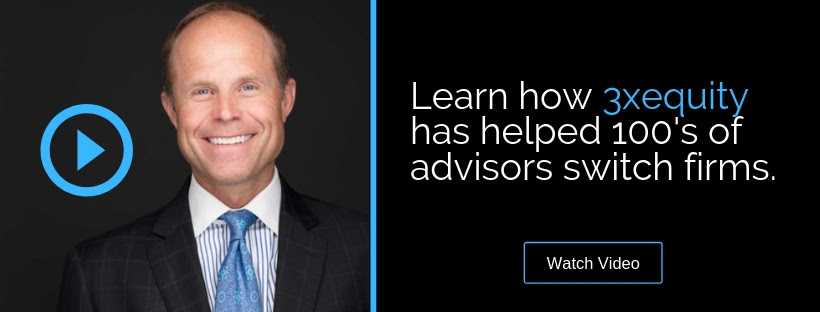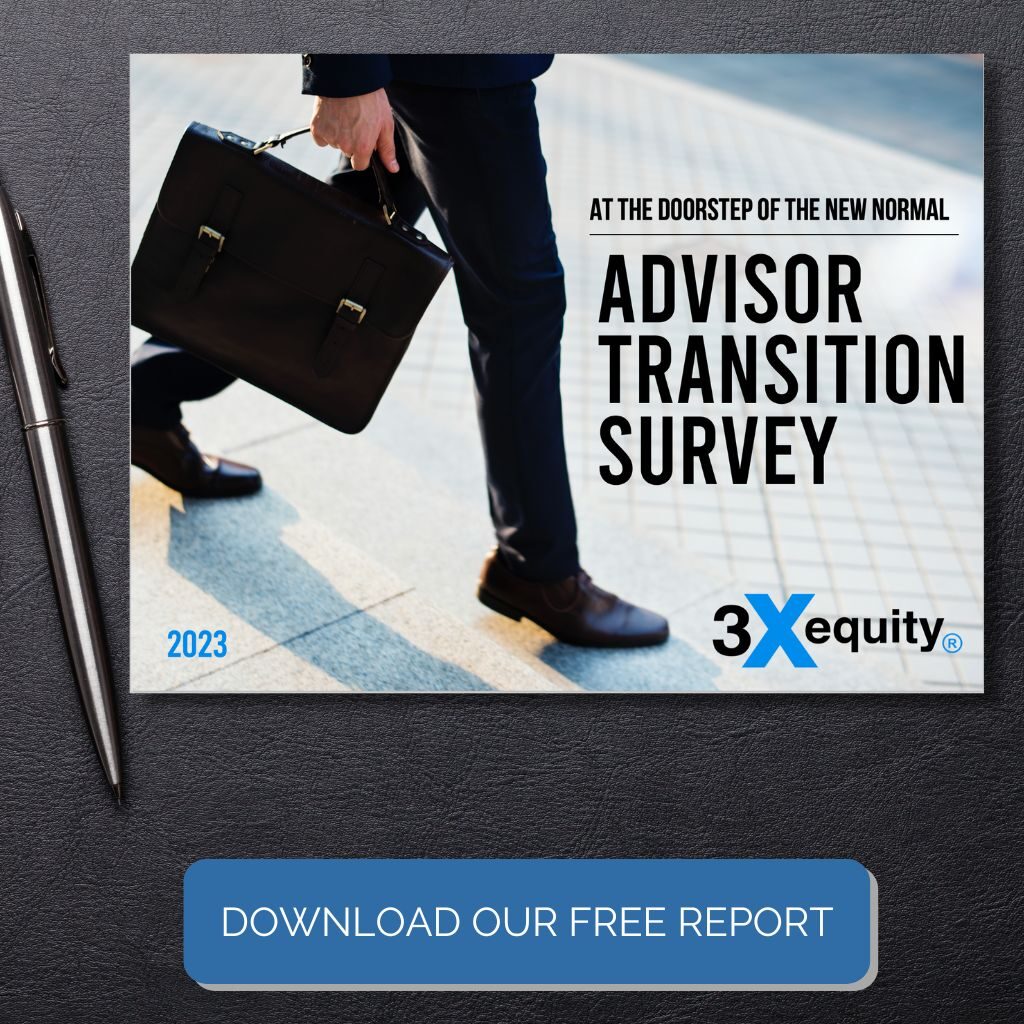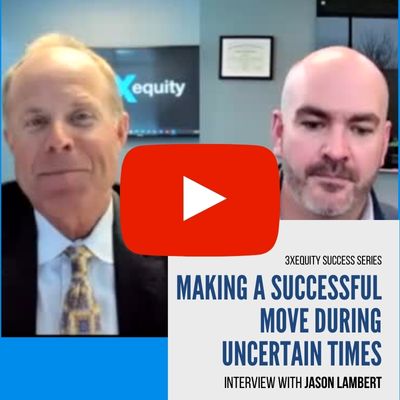In a move to further enhance broker-friendly modifications and foster a positive environment for financial advisors, Wells Fargo Advisors executives unveiled their 2024 compensation plan on Tuesday afternoon. Emphasizing continuity and consistency, the plan seeks to build on the successes of the past three years, resulting in improved retention rates and robust recruiting efforts.
Effective January 1, the adjustments in the compensation plan primarily target the top 10% of producers and a select group of brokers in the lower bracket. For the majority of brokers in Wells Fargo’s employee channel, the structure remains unchanged, allowing them to earn 22% of their monthly fees and commissions up to $13,500 and a lucrative 50% on every dollar above that threshold. Sol Gindi, the head of Wells Fargo Advisors, emphasized the company’s commitment to consistency, ensuring that financial advisors can focus on growing their business without the uncertainty of annual changes.
At the upper echelon, producers with over $2 million or teams with an average revenue of $800,000 per member will find it easier to qualify for an enhanced payout. The plan eliminates the monthly hurdle and offers a flat 50% starting with the first dollar of revenue generated. To qualify, brokers need to add $2 million in net new accounts in the coming year, simplifying the 2024 plan and aligning it with metrics for earning a deferred net new asset award bonus.
In a strategic move to encourage growth, changes to the ‘penalty box’ will impact a few hundred brokers with at least eight years of experience but less than $300,000 in annual production. The adjustments involve a reduction in grid payout rates, from 17% to 15% on revenues up to the $13,500 per month hurdle and from 47% to 30% on revenues above that threshold. Gindi noted that this change could prompt some brokers who aren’t experiencing growth to consider retirement or selling their book, aligning with Wells Fargo’s focus on upscaling their business.
The 2024 plan also reflects alignment with the parent bank’s priorities, adapting to changes in the financial landscape. Following a shift in emphasis due to rising interest rates and reduced focus on mortgage lending, the plan introduces a 35 basis point credit for brokers, down from the previous 75, while increasing rewards for clients who keep cash with Wells.
Recognizing the importance of client deposits, the plan reduces the threshold for clients to keep a minimum of $100,000 in a Wells’ interest-bearing liquid cash product to earn 6 basis points of revenue credit, down from the previous $5 million. This adjustment aims to allow a broader participation of financial advisors and aligns with the evolving needs of clients.
Additionally, Wells Fargo’s 2024 compensation plan demonstrates a commitment to supporting brokers through increased expense allowances. The allowances rise from $800 to $1,200 for those generating $550,000 in revenue and from $12,000 to $15,000 for those exceeding $1.5 million in revenue. Notably, brokers no longer need to “look back” two years to earn these expense allowances, streamlining the process and providing more immediate support.
As the last of the four wirehouse firms to unveil its 2024 compensation plan, Wells Fargo reaffirms its dedication to fostering a positive and stable environment for financial advisors. By balancing continuity with strategic adjustments, the plan reflects a commitment to the success and well-being of brokers in an ever-evolving financial landscape.





